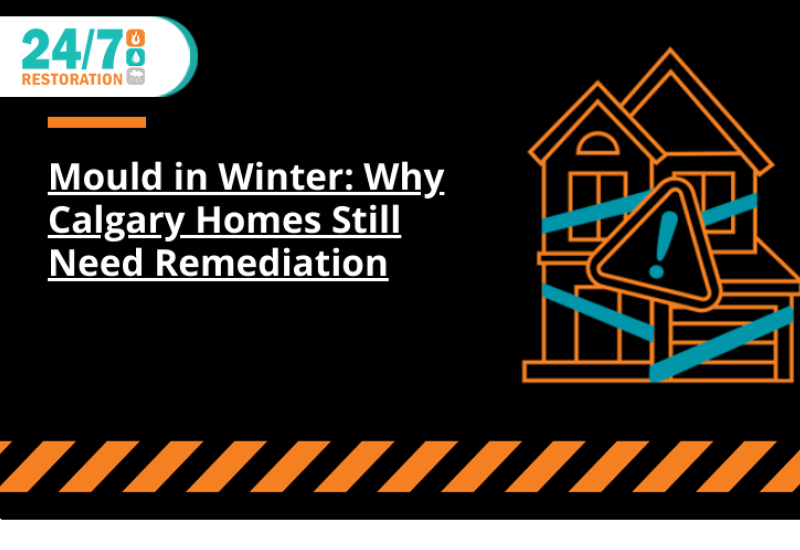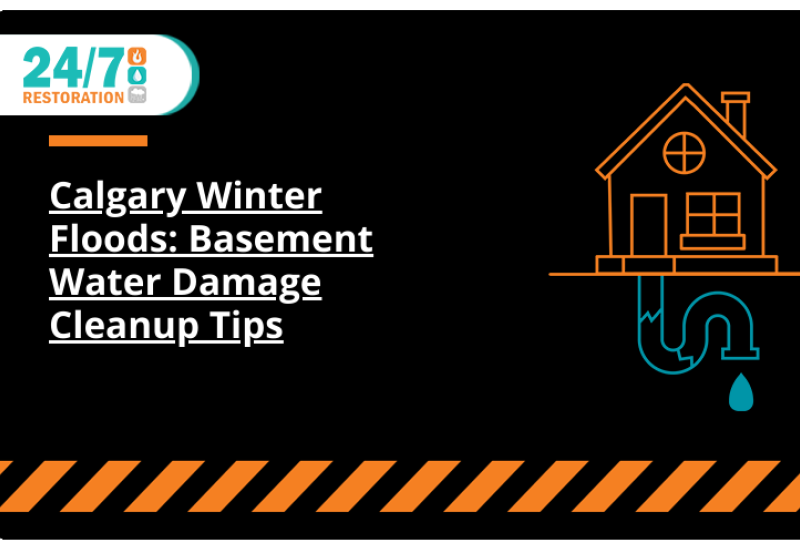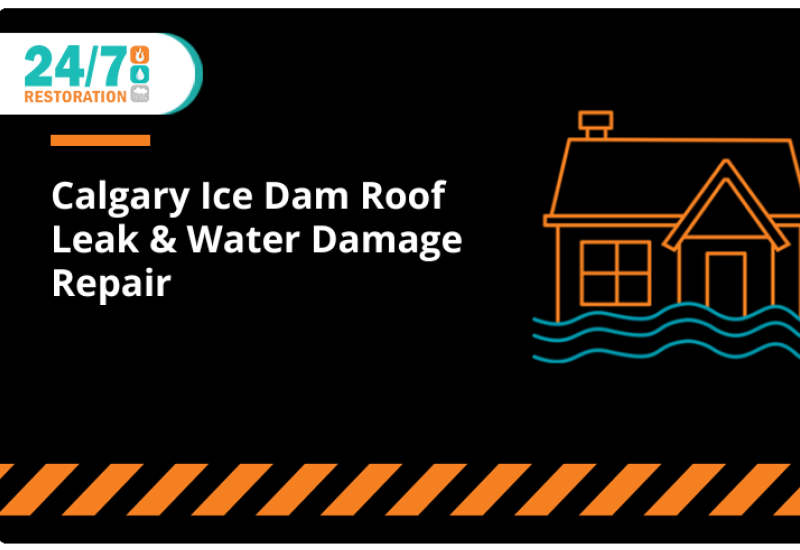When The Spillage Is Small
Your toilet or sink backing up is not usually a cause for alarm. The spillage is likely limited and can be easily contained within the room. As long as you are taking proper precautions, you should be able to clean up small sewage backups by yourself.
Remember, sewage water is highly hazardous and could contain harmful bacteria or contaminants. As such, even the smallest of sewage puddles should be handled with care. Here is how you should proceed in the event of a minor sewage backup:
- Address it immediately. Ignoring wastewater, no matter how little, allows bacteria and viruses to spread around your home.
- Open the windows to air out your home and evacuate children and pets from the area
- Make sure you are wearing rubber gloves and boots. Consider eye protection as well.
- Shovel up solids in the wastewater and stow them in plastic bags.
- Remove the water with a vacuum and soak up remaining liquids with paper towels or rags.
- Scrub the affected area (including furniture) with a solution of bleach and water.
- Leave carpets and rugs outside and have them cleaned by a professional.
Minor sewage backups are often caused by clogged hair or other objects in the piping. You can try unclogging it with a plunger or a tool specifically designed to remove hair. If neither method works, you will have to call a plumber.
When The Room Is Flooded
If your septic tank or sewer back up, your entire home could be flooded with wastewater. In that case, call a professional sewage cleanup and plumbing service immediately. Do not attempt to redress the situation by yourself.
Instead, you should be thinking about mitigating health risks and further damage to your home. While you are waiting for a professional to arrive, you should do the following:
- Evacuate everybody, including pets, from the affected area.
- Open the windows to ventilate the area.
- Remove any dry, uncontaminated items that you can carry from the area.
- Contact your utility companies and have them shut off electricity, gas, and water. Do not attempt to turn off the electricity or water supply by yourself, especially if the room is flooded.
- Notify your insurance company.
Know When You Need Professional Sewage Backup Cleaning
Due to the health hazards they carry, sewage backups require your immediate attention. While relatively minor spills can be controlled, you should know when the spillage requires professional sewage cleaning. You will likely need a cleaning specialist when:
- The wastewater is not confined to a single room.
- The backup occurred more than 24 hours, which means bacteria and viruses may have already spread.
- The spillage is caused by a sewer or septic tank backup.
- The wastewater has come into contact with your air conditioning system.
Calgary’s 24/7 Restoration is equipped to handle any sewage backup—small or large. Our crew safely disposes of the contaminated water, restores any damage done to your property, and fixes the plumbing issue that caused the backup in the first place. Call 403-247-4365 for immediate assistance or fill out our online contact form so that we can return your home to its pristine condition as quickly as possible.
FAQs
Q: What are the first signs of a sewage backup?
A: It is possible to preempt a sewage backup. If your home or building is starting to smell foul, a backup could be imminent. You should also prepare for minor backups if your toilet or sink is partially blocked.
Q: What causes sewage backup?
A: There are many causes of a sewage backup, some of which are outside your control. These include blockage in the city’s sewer system, aging sewer system, and tree roots breaking through the piping around your home.
Q: Can I use bleach to clean up wastewater?
A: Bleach can help clean minor backups but is of limited use against extensive spillages. Bleach is not strong enough to disinfect contaminated water from the sewer system or the septic tank.



